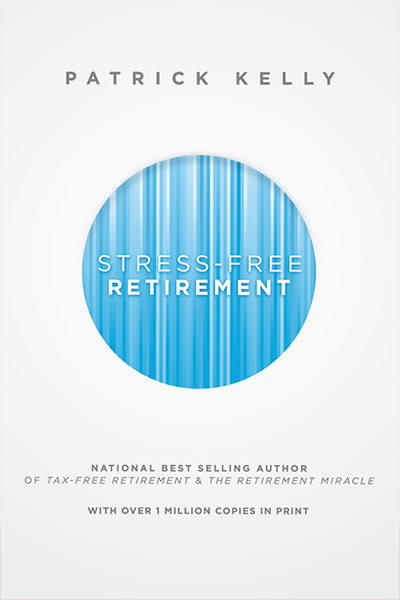Conventional Wisdom That No Longer Works
It used to be easy preparing your portfolio for retirement. The closer you got to retiring the more money you moved from stocks into bonds.
You did this for two reasons.
The first reason was the bonds that you bought provided a high, stable, and dependable income during your retirement years. You simply put enough money into bonds to protect your lifestyle (to pay your bills) while keeping part of your portfolio in stocks to keep up with inflation.
The second reason was to reduce the risk in your portfolio as you got closer to retirement. As a matter of fact, as interest rates declined over the last 35 years your bonds not only stabilized your portfolio but also actually grew in value (imagine what an older US Treasury Bond paying 6, 8 or 10% would be worth in your portfolio today). As interest rates have fallen over the years bonds and bond funds have appreciated quite nicely.
That was yesterday!
The New Reality for Bonds
Today, this strategy not only won’t work but it could seriously hurt you in preparing for retirement.
At today’s interest rates bonds will not fulfill the first reason we used to buy them, that is providing income to protect your lifestyle in retirement. Since 2009, bond interest rates have been on the floor. Sometimes they’ve been below the floor. Today, a 10-year US Treasury Bond will only earn around 1.8%. A million dollars invested in this bond would only pay you $18,000 a year. Not nearly enough to meaningfully support your lifestyle in retirement and certainly not enough to reward the effort taken to earn that million dollars.
What Goes Up Can Come Down
Neither will bonds fulfill the second reason we used to use them, to reduce the risk of your portfolio. Just as bond portfolios increased in value as interest rates came down, they will head in the opposite direction when rates go up. This is called interest rate risk.
There is an opposite relationship between interest rate movement and the value of your bond portfolio. As interest rates rise (and that’s about the only direction they can go from here) this makes an existing bond (and its now below-market interest rate) worthless. And this drop could be substantial.
To determine this risk we use a measurement of a bond’s interest rate sensitivity called duration, which is related to a bond’s maturity. A bond with a 10-year duration will lose 10% of its value with a 1% increase in interest rates. It will lose 20% of its value with a 2% increase in rates and so on. If we increase the maturity it gets worse. A bond with a 15-year duration will lose 15% of its value with a 1% increase in interest rates. It will lose 30% of its value with a 2% increase in rates. Now you’re beginning to match the risk of a stock market portfolio!
So if you try to increase your income by buying bonds with a longer maturity, you increase the size of your losses when rates begin moving upward. And with the Federal Reserve Board actively discussing raising rates this could happen sooner rather than later.
Bond Funds Have Problems Too
These problems exist not only with individual bonds but also with bond funds. If a bond fund has a short duration it doesn’t pay you much interest. If it has a long duration to marginally improve the interest you receive, the risk of losing your principal increases dramatically.
Target Date Funds, You’re Not Reducing Your Risk
Target date funds are another problem area for bonds. These set it and forget it? funds have seen a huge increase in popularity over the last few years. The principle of target-date funds is that as you get closer to retirement the fund managers automatically reallocate more of your money from stocks into bonds to try to reduce your overall risk. Because of where interest rates are now, and where they are likely to go in the near future, your retirement monies will probably not be protected in the way that you hoped, or expected.
We’re Not in Kansas anymore Toto
The bottom line is this, as interest rates go up from here; bonds will not be able to fulfill their historic mission. And if you are 5 to 10 years away from retirement, they could cause large losses in your portfolio. Just at the time when you can least afford them.






